
Millarca Valenzuela gives public talk on astrobiology
The event was part of the program of activities developed by the High Research Institute of the University of Tarapacá in the city of Arica.
A talk on the origins of life on Earth and the possibility that it exists in other parts of the Universe was given by geologist Millarca Valenzuela, an academic at the Universidad Católica del Norte and researcher at the Center for Astrophysics and Related Technologies (CATA).
The event, which brought together more than 100 attendees, including high school students, university students and members of the third age, was held in the Auditorium of the School of Medicine of the University of Tarapacá, (Saucache Campus) where the talk “Grandchildren of the stars, children of the Earth: the search for the origin and evolution of life from Atacama” was presented.
“I covered topics from the conditions that life, as we know it, has on Earth, to the configuration of the solar system, the differences of our planet with its neighbors and then I dealt with the revolution with the appearance of exoplanets and the exploration of the solar system, focusing on how meteorites can help us understand both the formation of planets and exoplanets, as well as the birth of life”, indicated Dr. Millarca Valenzuela.
“I covered topics from the conditions that life, as we know it, has on Earth, to the configuration of the solar system, the differences of our planet with its neighbors, and then I dealt with the revolution with the appearance of exoplanets and the exploration of the solar system, focusing on how meteorites can help us understand both the formation of planets and exoplanets, as well as the birth of life,” indicated Dr. Millarca Valenzuela.
The activity was part of an initiative of Group 6 of the CATA Center of Excellence in Astrophysics, on Exoplanets and Astrobiology, which includes Dr. Millarca Valenzuela and Bárbara Rojas-Ayala, an astronomer from the Universidad de Tarapacá and CATA researcher, who also participated in the event.
“Subsequently we plan to hold a workshop with archaeologists and astronomers for the recognition of meteorites, on Saturday, November 5 and Sunday, November 6. We will work in the field, visiting areas where there may be conditions for the preservation of meteorites”, concludes Valenzuela.
Recent news
-
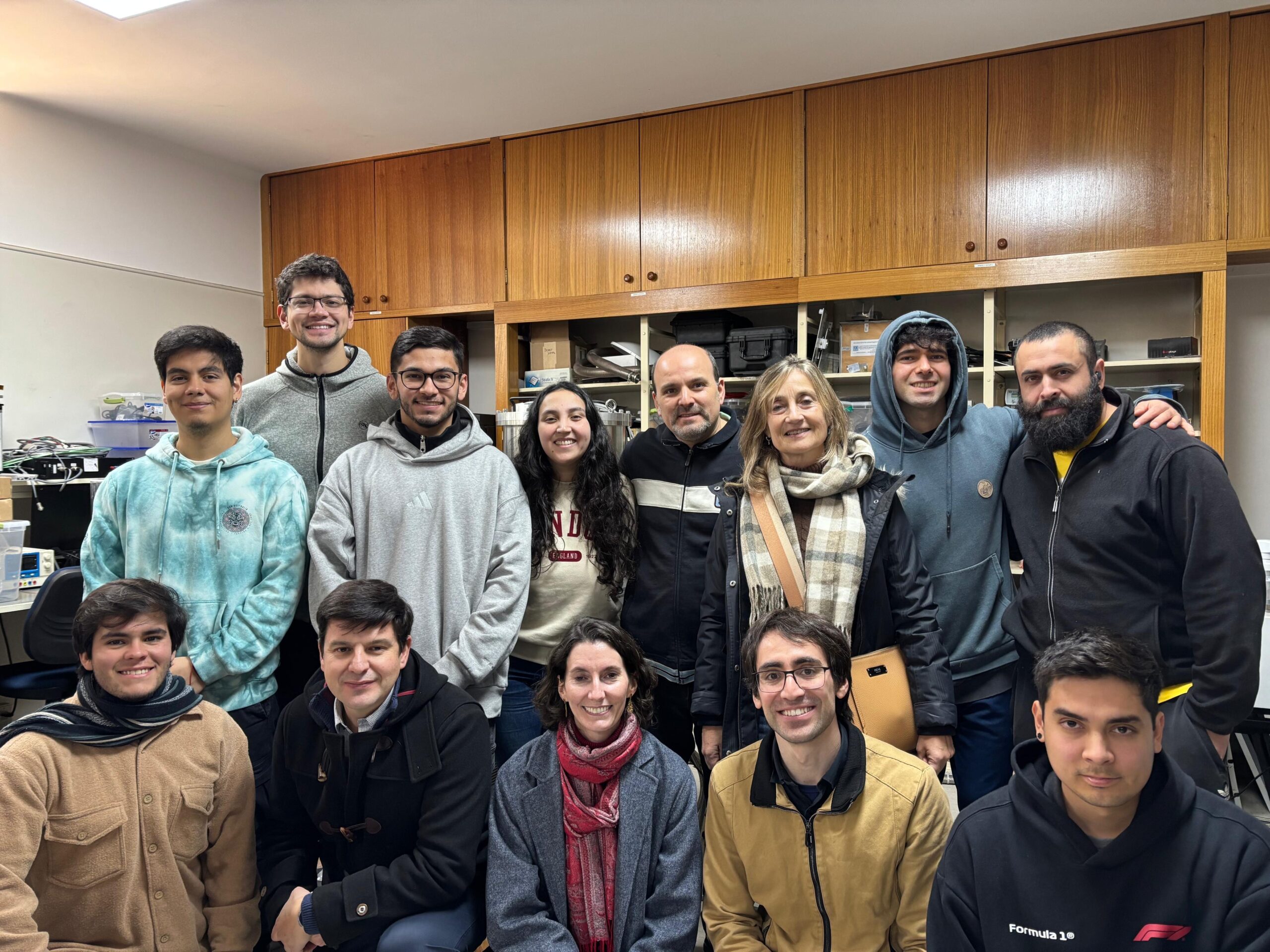 Publicado el: 30/06/2025CATA Director strengthens ties in her second institutional tour
Publicado el: 30/06/2025CATA Director strengthens ties in her second institutional tour -
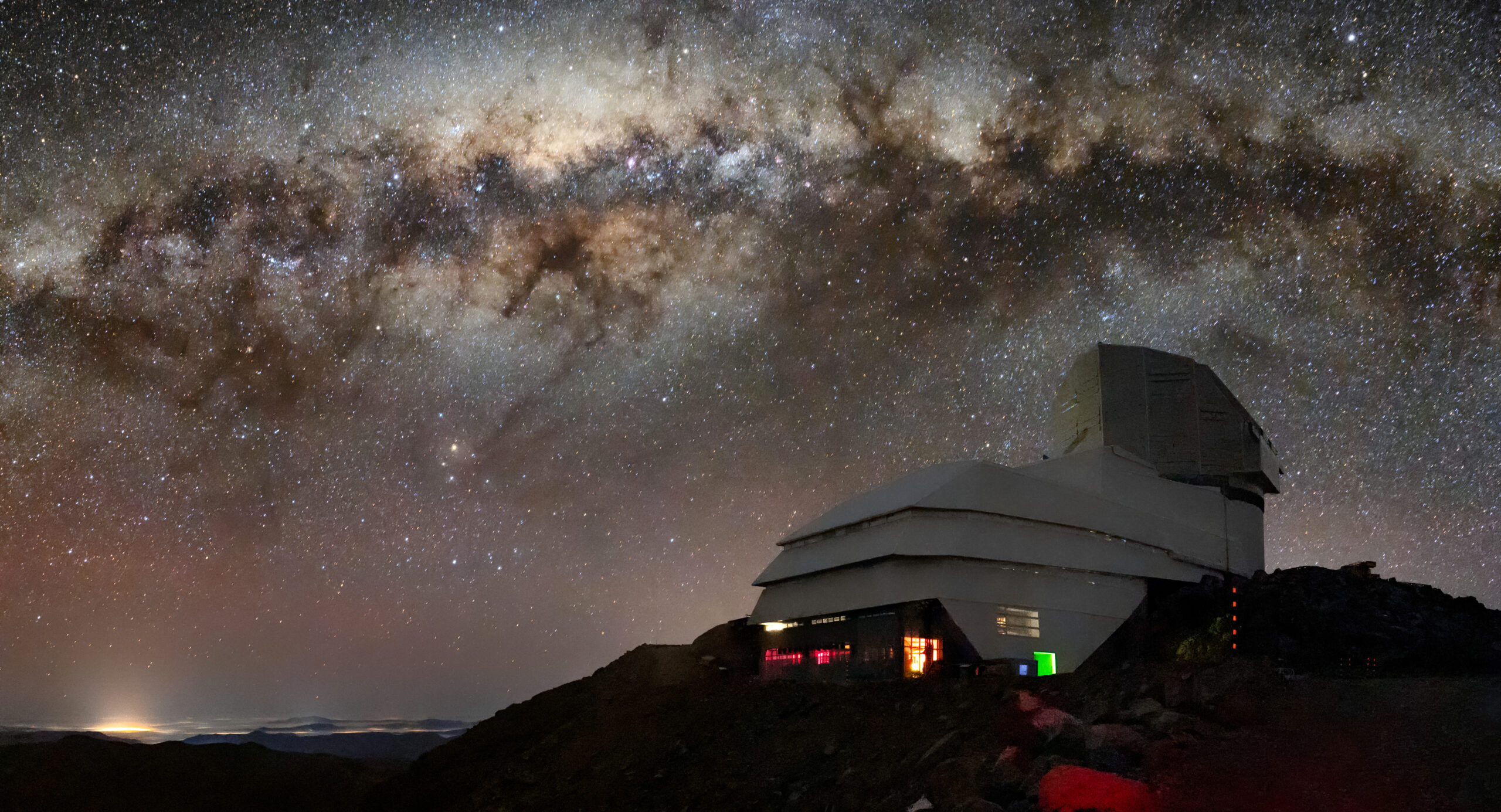 Publicado el: 26/06/2025Vera C. Rubin: the telescope that watches the sky and anticipates the future of astronomy
Publicado el: 26/06/2025Vera C. Rubin: the telescope that watches the sky and anticipates the future of astronomy -
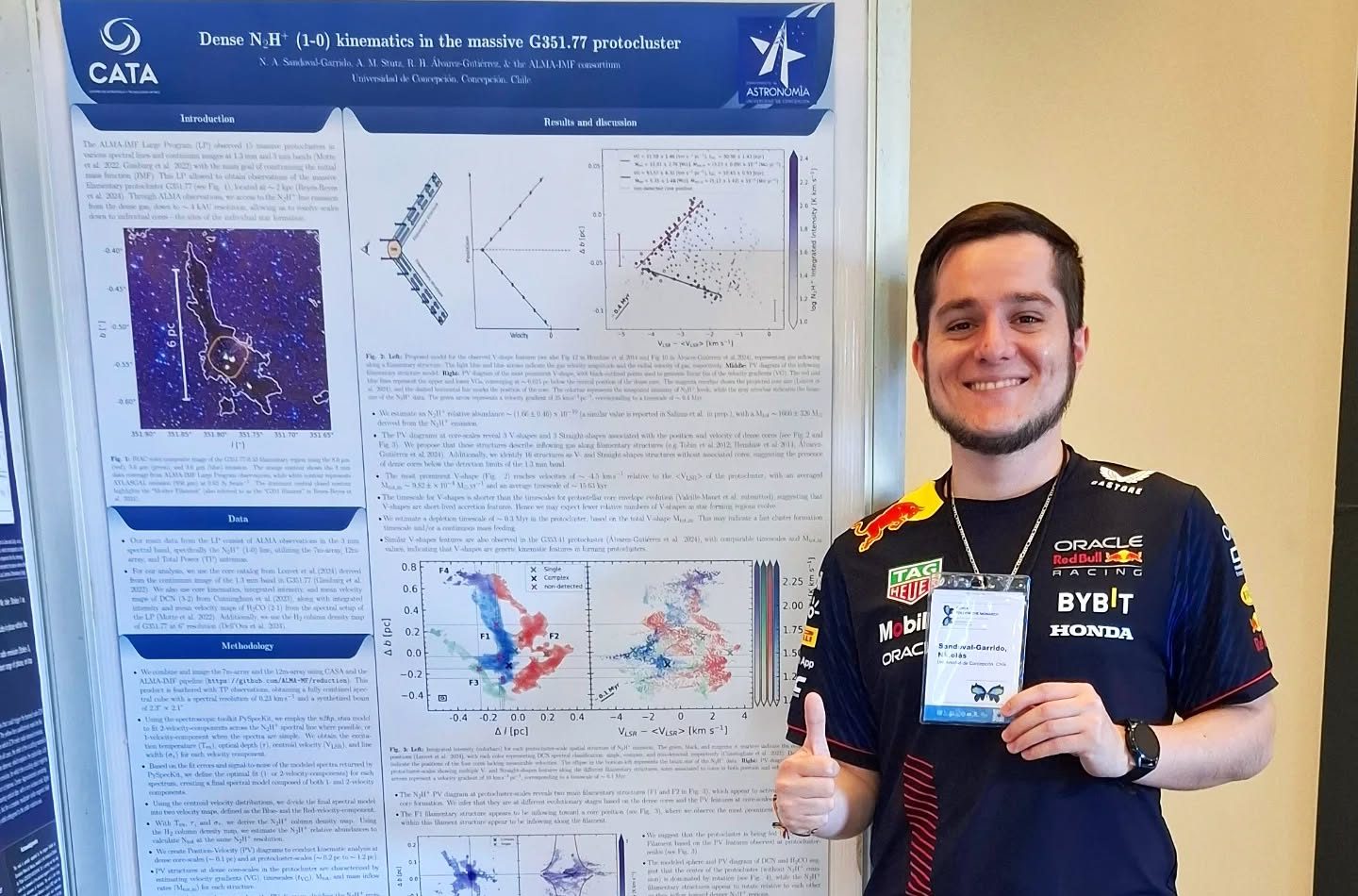 Publicado el: 25/06/2025Study by young Chilean astronomer reveals new key parameter for understanding star formation
Publicado el: 25/06/2025Study by young Chilean astronomer reveals new key parameter for understanding star formation -
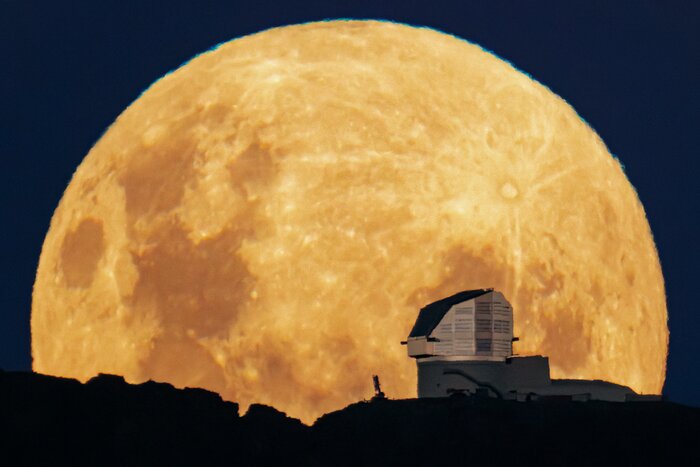 Publicado el: 19/06/2025Rubin: The Universe’s First “Movie” That Will Transform Astronomy
Publicado el: 19/06/2025Rubin: The Universe’s First “Movie” That Will Transform Astronomy -
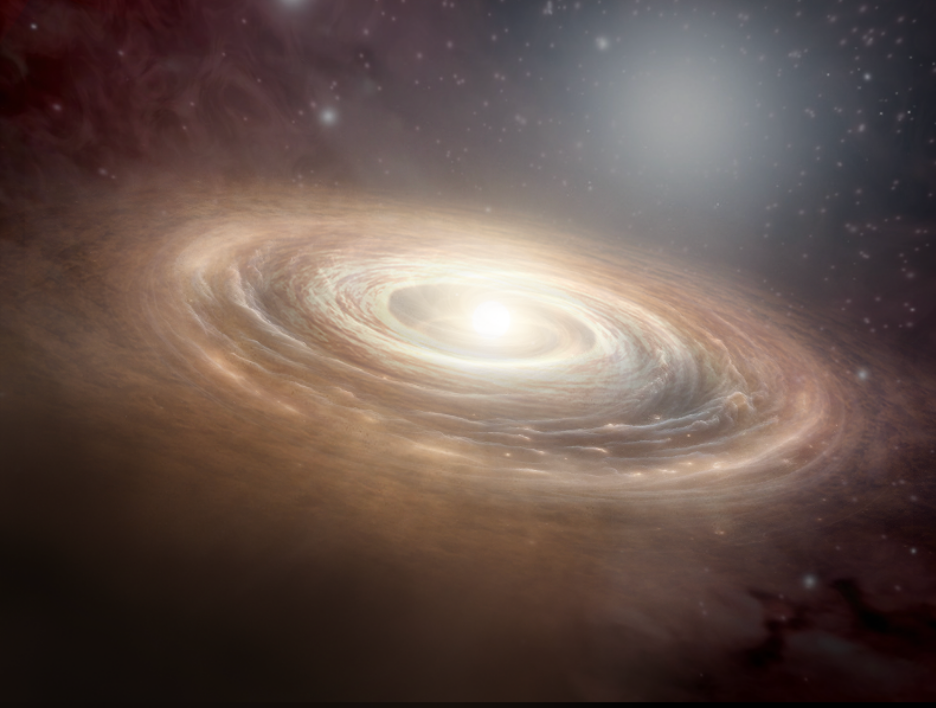 Publicado el: 17/06/2025CATA Principal Investigator participates in international study revealing how planetary birth disks evolve
Publicado el: 17/06/2025CATA Principal Investigator participates in international study revealing how planetary birth disks evolve
Categories list
- Acknowledgments 17
- Astrobiology 5
- AstroCluster 1
- Black holes 13
- Corporativo 49
- Cosmology 4
- Descubrimientos 19
- Disclosure 45
- Exoplanets 13
- Extension 4
- Galaxies 17
- Galaxies formation 2
- Inter y Transdisciplina 2
- Local Universe 13
- Publications 5
- Sin categorizar 31
- Solar System 11
- Stellar formation 6
- Technology 9
- Technology Transfer 12


